 “Human history becomes more and more a race between education and catastrophe.”
“Human history becomes more and more a race between education and catastrophe.”
H.G. Wells
I have done my utmost thus far to avoid adding to the hideous cacophony that surrounds this coming week’s grisly event in the UK – the referendum that is in danger of permanently tearing apart a nation that I love. After the appalling happenings of the last few days, however, I find myself compelled to say something – anything – regardless of the utter pointlessness of so doing.
Politicians on all sides are currently performing an intricate dance to avoid drawing any connections between the wicked slaying of MP Jo Cox and the rebarbative and vicious campaigns that have been waged on either side of the ‘debate’. Good form suggests that this is out of respect for the life – and tragic death – of a politician whose example clearly puts to shame the venal efforts of certain others. It would not be entirely cynical – however – to surmise that some of the shameless hucksters concerned are also desperate to avoid their own words and actions becoming associated with – or even blamed for – these awful events. When the full truth finally emerges they may find themselves considerably less lucky than they are hoping for.
Those leading and supporting the campaign to remain in Europe have much to be ashamed of. The manner in which they have tried to frighten voters into backing their position – rather than having faith that a reasoned and full debate would carry the day – betrays the lack of trust that both they and the electorate have in each other.
Those campaigning for the UK to leave are – however – far, far worse – for they are perpetrating a great deception on the British people. That they will eventually be found out and punished for it is of little comfort. By then it will be too late.
These devious villains – whilst peddling a romanticised notion of a ‘golden age’ that never existed but to which an exit from Europe might somehow return us – are banking on the great mass of their acolytes having no grasp of history at all. They are relying on the population not knowing or caring just how and why this great European project came about. They want us to believe that this has all been a plot by those devious foreigners rather than grand scheme for the protection of the entire continent, of which we in the UK were the joint architects.
The Brexiteers dismiss any notion of a united Europe being essential as a means of avoiding a repeat of the calamitous wars of the last century. They posit that times have changed – that there are no more fascist dictators and that with the end of the cold war Russia is no longer a threat(!). They do so – mind – whilst at the same time invoking the spectre of Hitler and Napoleon in reference to our European partners. In any case – they demur – our defence now lies in the hands of the Americans.
What these ‘educated’ men (public school and Oxbridge all) wish their followers to forget is that the causes of the second war are to be found with few exceptions in the outcome of the first. The Great War itself became tragically inevitable as the individual nation states of Europe – competing against each other for power, influence and wealth – bound themselves into a Gordian knot of treaties, arrangements and deals that ultimately tipped the continent into a cataclysmic and unlooked-for war over a relatively trivial issue – because by then none of the ‘educated’ elite could find a way to extricate us from it. It was these events that led directly to the European project – that which some are now determined to dismantle in an effort to return us to a situation not dissimilar to that which led to the conflict in the first place.
The other great lie that these shysters will sell to anyone who can be persuaded to fall for it is the notion that – once we can govern ‘ourselves’ again – all the ills that bedevil the modern UK will be resolved. Let us be clear. These unscrupulous millionaires do indeed want ‘control’ returned to the UK, but they have no intention of sharing it – or any of the corresponding wealth – with any of the ‘great unwashed’ who might be persuaded to follow their cause.
These men (and they are in the main men) would love to see a return to nineteenth century employment practices – to see swept away all of those inconvenient protections that were hard-won throughout a century of endeavour – both in the UK and across the continent. They would also like to see the UK withdraw from that beacon of post-war achievement – the European Convention on Human Rights. Should you believe that those who peddle this line have at heart the interests of the whole of the British people then I fear that you are in for a rude awakening.
Nothing is quite so sickening as observing the carrot of higher NHS spending – posited as a potential outcome of leaving the EU – being dangled by those who do not actually believe in a state-funded health service at all. They would much rather see it privatised and added to the pool of money-making opportunities for them and their egregious buddies to paddle in.
Nothing is quite so sickening as watching those who would happily exploit any source of cheap labour playing the race card to pander to the oldest fear of all – that of immigration swamping all that we hold dear. When those responsible for these falsehoods betray those who have placed their trust in them – as they inevitably will – the guilty men will aim to have made their millions and to be long gone.
Surely in such desperate and dangerous times we should be doing all in our power to find ways to work together across continents – to co-operate with each other? Is that not the true lesson of the twentieth century? The belief that we can isolate ourselves and set ourselves apart from our neighbours sets us on a precarious path that I for one would fear to tread.
It scares me to hear Brexiteers argue that we should stop listening to the advice of ‘experts’. In Wells’s ‘race between education and catastrophe‘ there can be only one acceptable winner.

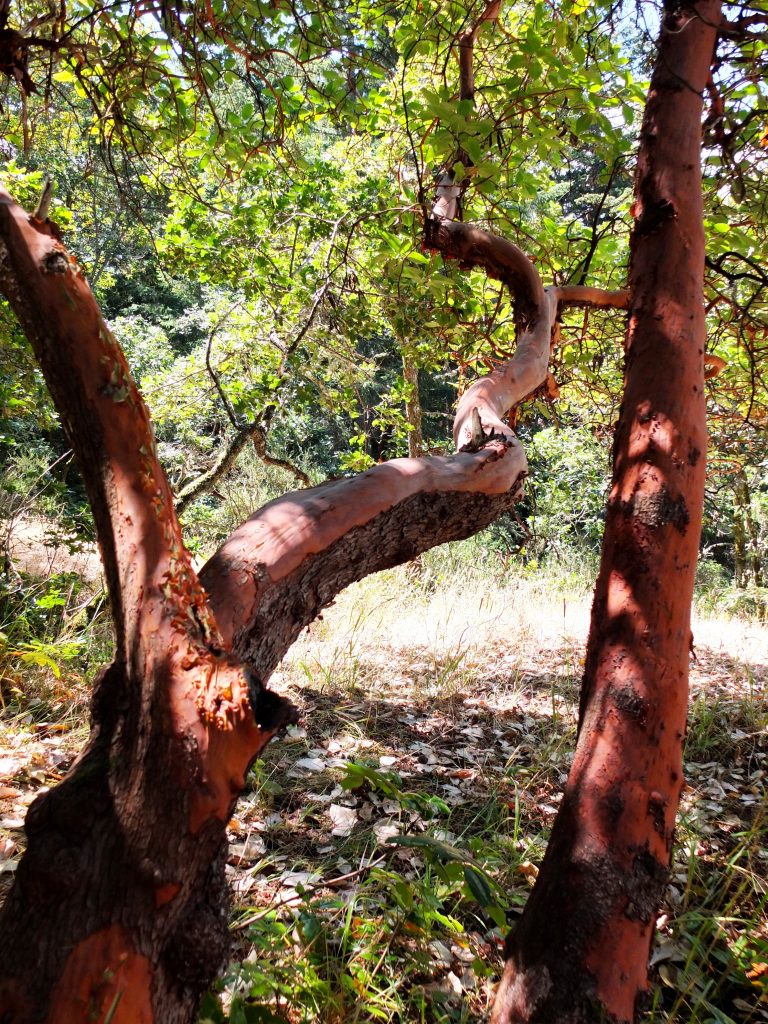

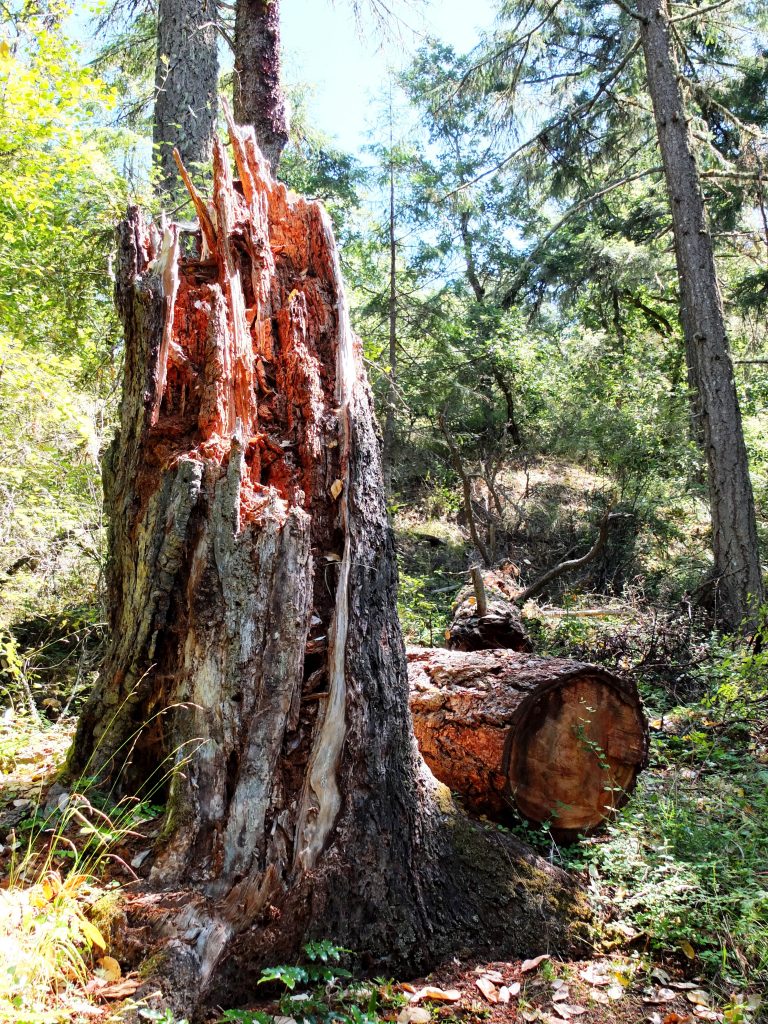

 If you expand the panorama by clicking on it you will get a good idea of the vista from the top of the hill.
If you expand the panorama by clicking on it you will get a good idea of the vista from the top of the hill.



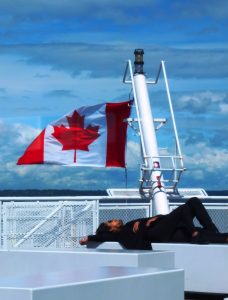




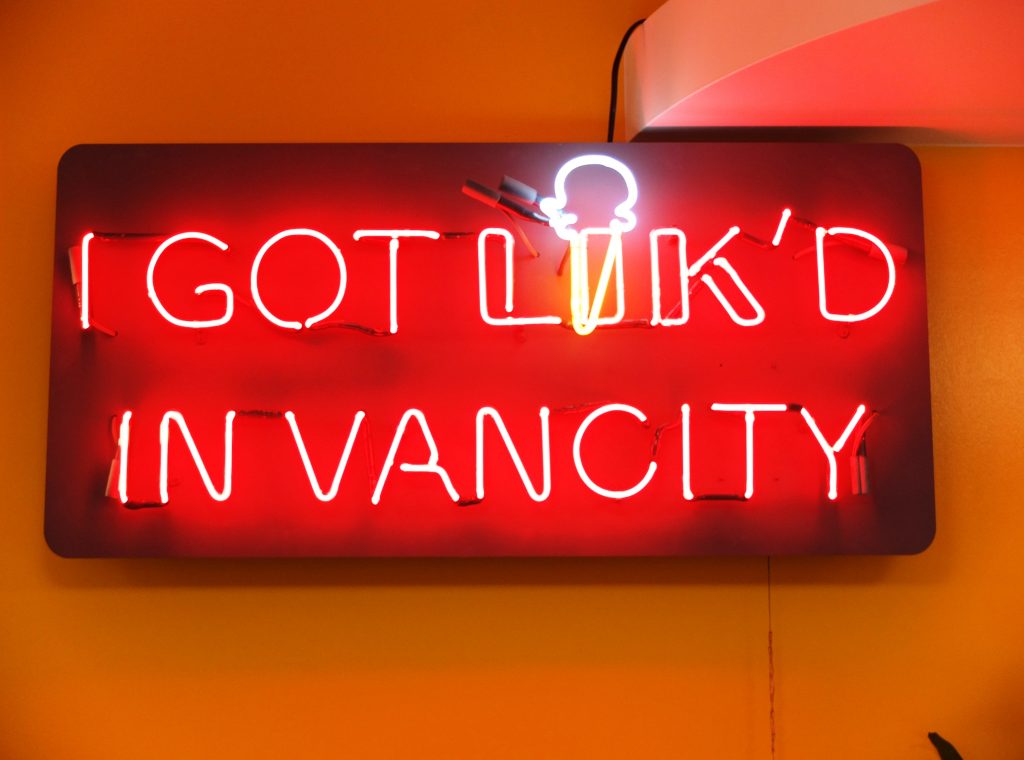
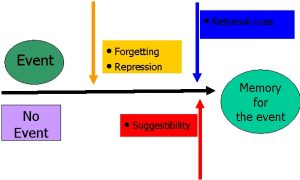

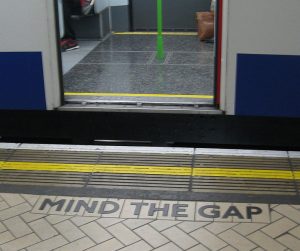


Recent Comments